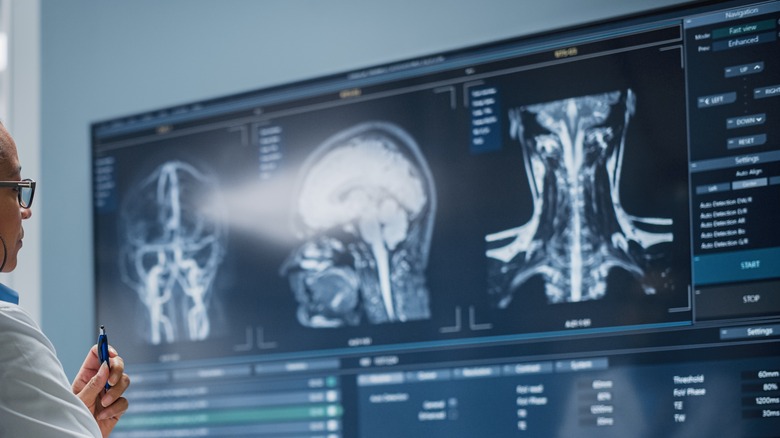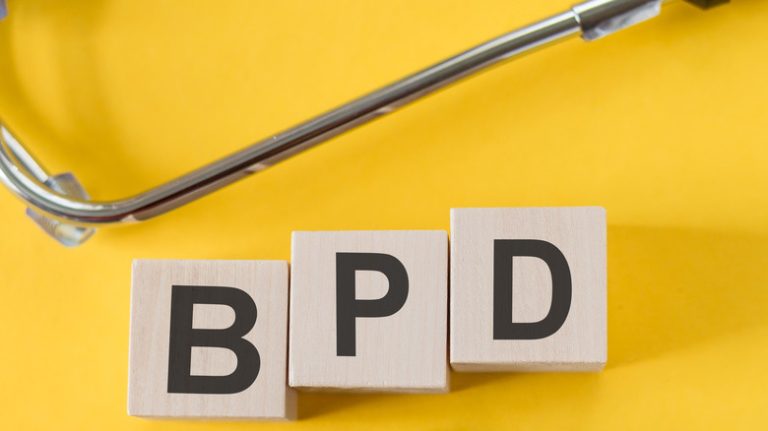Dr. Marc Milstein has always been fascinated by the interconnectedness of the human body. While he was researching breast cancer early in his career, his team discovered that a specific protein involved in breast cancer is also involved in creating memories within the brain. This discovery amounted to proof that every aspect of the body’s health is deeply interconnected, and it changed the course of Dr. Milstein’s career.
He decided that he wanted to study how improving the health of different body systems impacted brain health. Dr. Milstein’s research, and the research of several other dedicated neuroscientists, uncovered that lifestyle habits have a profound impact on brain health, meaning that simple habit changes could improve the brain’s longevity. Their research even showed that health habits could reduce the risk of devastating neurological diseases like dementia and Alzheimer’s.
In this exclusive interview with Health Digest, Dr. Milstein shared how diet, exercise, sleep, stress, and social relationships impact the brain, and he suggested daily habits you can implement to improve brain health.
Lifestyle and brain health
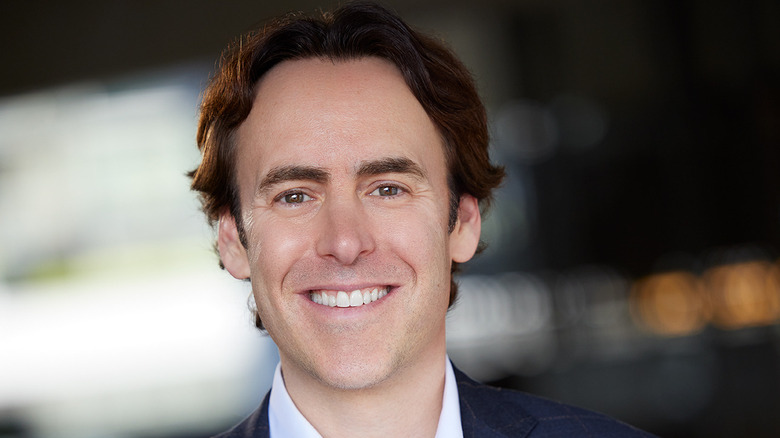
Can you tell us about your background and why you chose to specialize in brain health?
I was part of a group at UCLA researching a specific protein involved in breast cancer. It was discovered that this same protein also happened to be involved in memory in the brain. This insight that something happening in one part of the body could have a completely different role in another part of the body was fascinating. It highlighted the idea that aspects of our health are connected. Around this time, the field of neuroscience was exploding with new and exciting insights, and there was a revolution in our understanding of how the brain works and how to make it work better. There has been a tremendous jump forward in our knowledge about optimizing brain health.
What led you to focus on the connection between lifestyle factors and brain health?
It’s been an exciting area of research where we see simple, practical lifestyle changes can have a powerful impact. It’s not about a magic pill or the latest fad. For example, understanding what is happening in the brain while we are asleep has provided insights into how to improve sleep. It is empowering that discoveries about the brain can positively influence our day-to-day life and long-term brain health.
Diet, exercise, sleep, and the brain
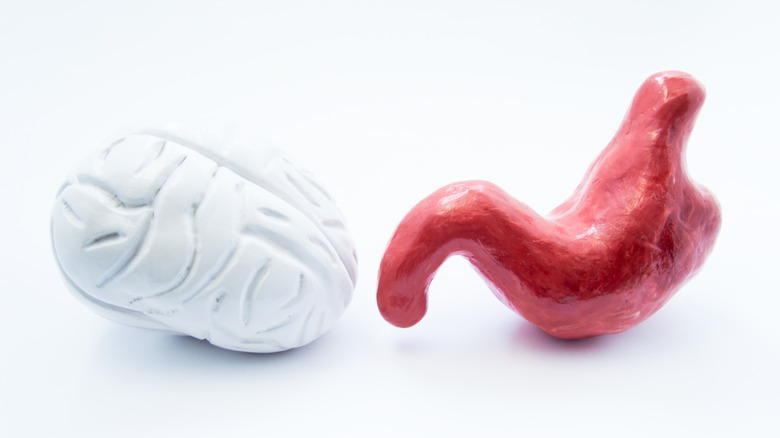
How is gut health connected to brain health, and how can people improve their gut health to take care of their brains?
This is one of the fascinating connections. What is happening in the gut can impact mood, memory, and how we age. These connections are based in part on nerves that run from the brain to the gut. There are several actions we can take to have a healthy gut, and one key takeaway is we want to feed good bacteria that line the gut. These good bacteria do a lot for us, including protecting our gut and making vitamins. Good bacteria like to eat fiber, so we want to include fiber in our diets.
How do diet and exercise impact the brain in the short and long term?
Multiple factors impact the brain, and diet and exercise are two important ones. One key factor is when we think about the connection of the brain with the rest of the body — we realize that we need a healthy heart to have a healthy brain. A healthy heart pumps oxygenated blood, which is fuel to the brain. Diet and exercise also play a role in optimizing sleep, which is essential for brain health.
There is that famous saying: “You are what you eat.” A part of this is [that] your brain is made up of what you eat. For example, think of your brain cells like wires. These wires need a coating so they can send electrical signals properly, and these electrical signals play a crucial role in how we remember, think, and focus. Omega-3 is a vital part of the plastic coating on our brain cells. As we age, that coating can decay. We also can’t make omega-3 on our own, so we need to ingest it. Thus, we want to include foods in our diet that contain omega-3 to protect our brain cells.
How does sleep, especially lack of quality sleep, impact the brain in the short and long term?
Sleep is when we remove toxins and waste that build up in our brains. This process essentially keeps your brain clean. Your brain is like your apartment or house; if it’s messy, it’s hard to be productive. The same thing happens in the brain. If we aren’t getting enough quality sleep, we are building up toxins and waste that can damage the brain in the short and long term.
Lifestyle changes that make a big impact
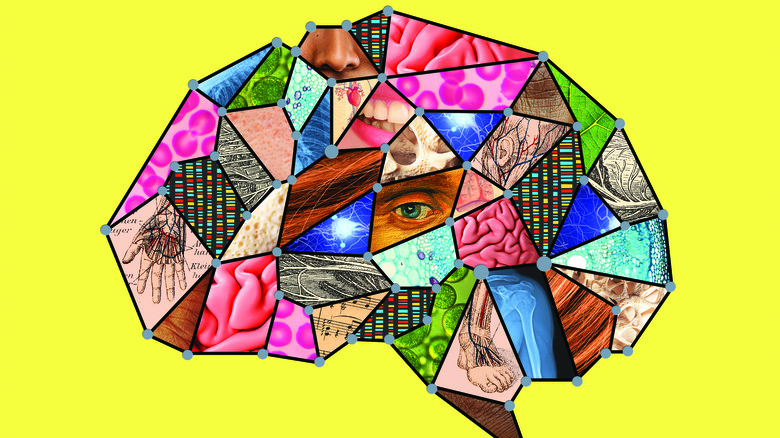
Marc Milstein
What role do lifestyle factors play in the development of neurological diseases like Alzheimer’s and dementia?
Lifestyle factors are crucial in lowering the risk of Alzheimer’s and dementia. Genes also play a role, and they can raise or lower risk, but we see multiple studies that show that the lifestyle factors we are talking about can lower the risk of Alzheimer’s and dementia anywhere from 30 to 60%.
What changes can people make today that will help protect them from neurological diseases later in life?
That’s a great point. It’s about making changes now. For example, we know that roots of dementia can take place in our brain decades before we see the symptoms of memory loss. We want to be on top of several aspects of our health, but a great place to focus on is optimizing sleep, exercise, diet, managing stress, being social, and learning new things.
What daily habits can people adopt to improve their memory and protect their brains?
There are quite a few, but a really simple one is walking for about 30 minutes daily. Studies suggest that walking 30 minutes a day lowers the risk of dementia by about 60%. The walking doesn’t all have to be done at the same time. If you want to give your walking a bit of boost, consider walking at a faster pace for part of your walk. Interesting studies suggest that those who walk a bit faster have a younger-looking brain. It doesn’t mean you need to power walk everywhere you go — try giving your walk an extra bit of pace in moments throughout the day.
What’s the secret to building habits that actually stick?
It can be hard to make a habit stick! New Year’s resolutions often end just a few weeks into the year. A couple of tips are to make the habit attainable and sustainable. Also, make the habit fun, or combine it with something you already love to do and often do. For example, if you would like to make walking a habit and love listening to your favorite podcast, listen to your podcast while you walk. Or walk with a friend and combine walking with social time. Making a habit stick that is not fun can be very challenging.
What’s something you think everyone should know about brain health?
Little actions can significantly impact how you feel each day and how you can protect your brain. These little actions, over time, can also have a powerful impact.
For more information about optimizing your brain health, check out Dr. Milstein’s new book, “The Age-Proof Brain: New Strategies to Improve Memory, Protect Immunity, and Fight Off Dementia,” available October 25.
This interview was edited for clarity.

